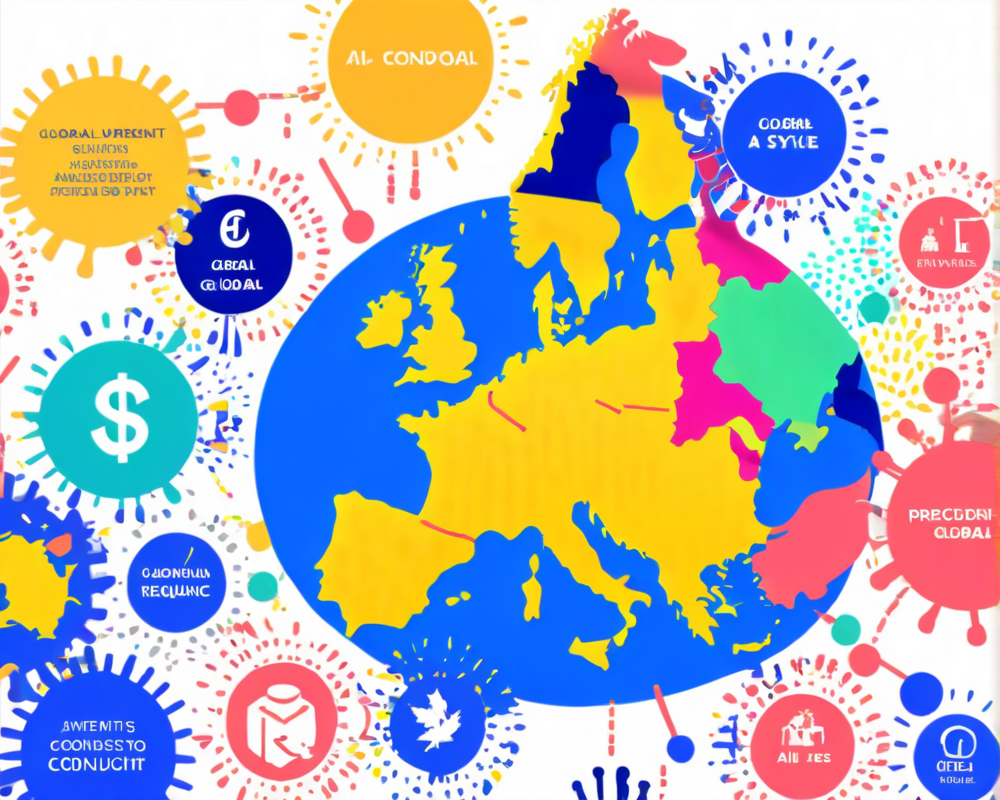Setting the Stage for AI Regulation
In a time when artificial intelligence feels more like magic than technology, lawmakers across the European Union are scrambling to establish a solid code of conduct prior to the rollout of the much-anticipated EU AI Act. Consider this the ‘please read instructions before using’ message for technology that’s growing faster than a weed in spring.
Voluntarily Binding or Bound to Fail?
At a recent gathering of the EU-U.S. Trade and Technology Council in Sweden, tech chief Margrethe Vestager made it clear: a voluntary code of conduct for AI development needs to be adopted within months. Why? Because as she aptly put it, waiting for legislation just isn’t going to cut it; we’re in the age of immediacy, folks!
A Call to Action
Vestager highlighted the pressing need for immediate measures, saying that the new AI legislation wouldn’t be effective for at least two and a half to three years. In her own words, that’s “obviously way too late.” It’s like ordering a pizza and being told it’ll arrive in three years – certainly not the timeline anyone wanted!
Collaborative Framework: EU and U.S. Together
The moment has come for the EU and the U.S. to join forces in crafting an effective code of conduct. If they play their cards right, this could lead to a global standard that promotes safety and trust in AI innovations. After all, who wouldn’t feel more comfortable when there’s a guiding light amid the tech whirlwind?
The Nitty-Gritty of AI Regulation
One of the key takeaways from Vestager’s meeting is the necessity for specific guidelines rather than vague statements that leave room for interpretation. After all, nobody wants to be in a situation where no one knows what the rules are—kind of like trying to play Monopoly with no instruction manual.
The EU AI Act: Unpacking the Regulations
As the EU works on ironing out the final details, the latest draft of the AI Act shows promise in regulating AI technologies. Key components include a ban on public use of biometric surveillance and predictive policing tools, while requiring AI systems to be classified by their perceived risk level—ranging from low to unacceptable. It’s like deciding whether to enter a haunted house based on how scary it sounds!
The Future of AI: Striking a Balance
As this high-stakes narrative unfolds, industry leaders like Sam Altman, CEO of OpenAI, have raised concerns over potential overregulation stifling innovation. In this balancing act, the regulators and the industry must come together to ensure AI enhances our lives rather than complicates them. So, let’s hope they keep the dialogue flowing—before we end up in a sci-fi film where humans are the side characters!




